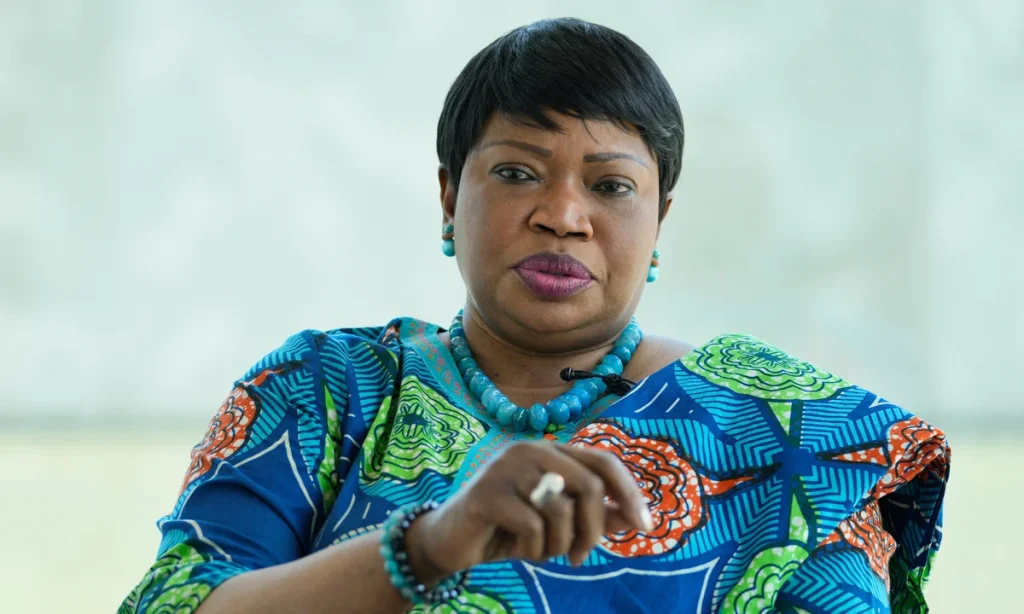Former International Criminal Court (ICC) chief prosecutor Fatou Bensouda has publicly disclosed the threats and intimidation she faced while in office, describing them as thug-like tactics. During her tenure from 2012 to 2021, Bensouda led preliminary investigations into alleged war crimes by Israeli officials, prompting covert campaigns of harassment.
Speaking at a London event organised by the Bar Council of England and Wales, Bensouda shared that she and her family were subjected to direct threats during politically sensitive investigations. While she refrained from explicitly naming Israel, an earlier investigation by The Guardian revealed that Mossad chief Yossi Cohen had personally threatened her in covert meetings.
During one such encounter, Cohen allegedly presented covertly taken photos of Bensouda’s husband and warned that pursuing ICC investigations against Israel could endanger her career and family. He reportedly said, “You should help us and let us take care of you. You don’t want to be getting into things that could compromise your security or that of your family.”

The intimidation campaign, part of a broader effort by Israel to undermine the ICC, aimed to discredit and pressure Bensouda. Despite the threats, she remained resolute. “These unacceptable thug-style tactics, threats, intimidation, and even sanctions did not deter me or my office from fulfilling our obligations,” Bensouda declared.
Under her leadership, the ICC launched a formal investigation into alleged war crimes in Palestine, a case now being fast-tracked under her successor, Karim Khan, following recent allegations of genocide in Gaza.
The ICC is under heightened scrutiny, with last week’s issuance of arrest warrants for Israeli Prime Minister Benjamin Netanyahu, former Defence Minister Yoav Gallant, and a senior Hamas official. The court anticipates potential retaliation, especially with the impending return of Donald Trump to the US presidency, who previously sanctioned Bensouda over her investigation into Palestine.
Bensouda emphasised the ICC’s independence, urging member states to shield the court from political interference and support its work in holding perpetrators accountable for crimes such as illegal settlements and acts of war.

